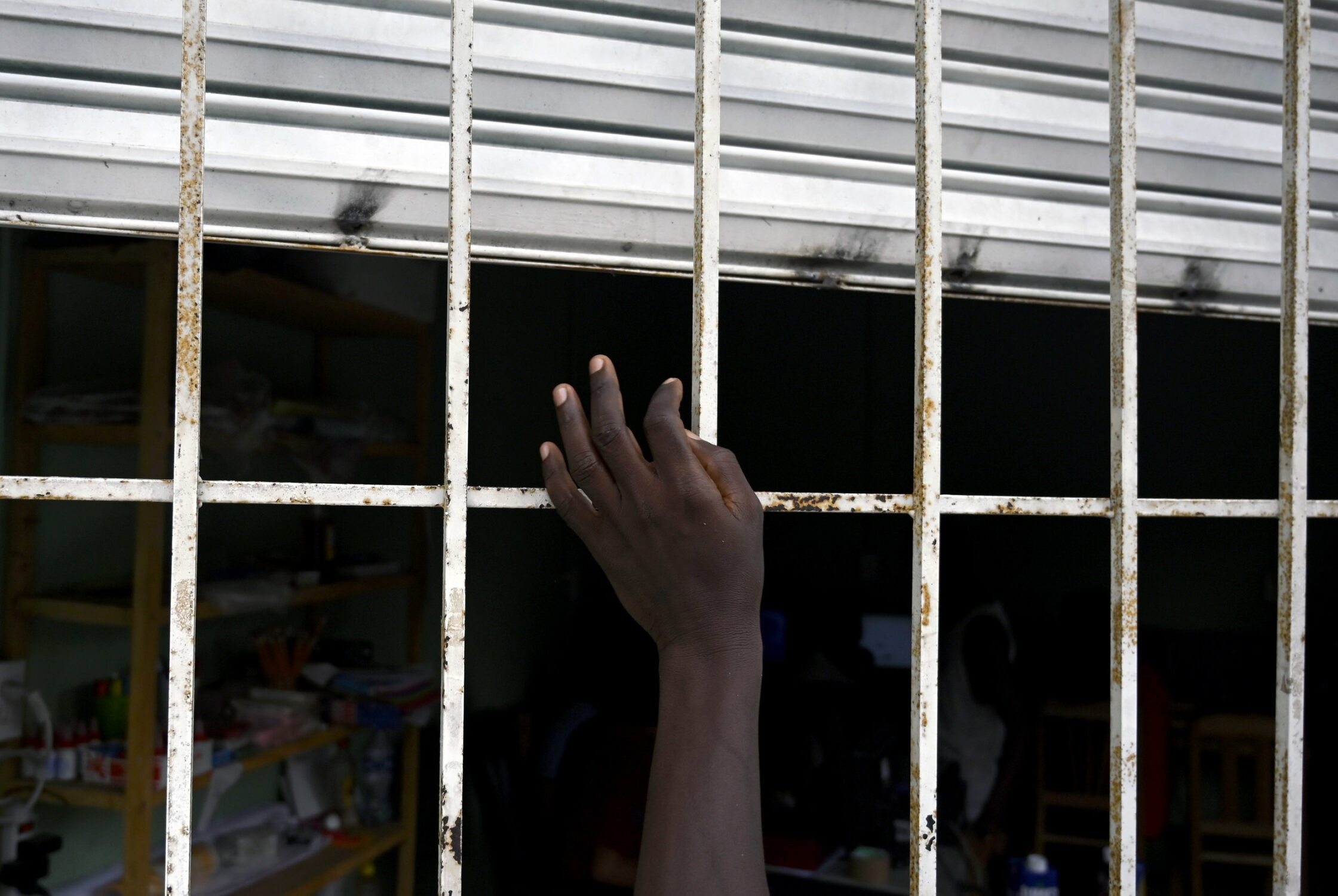The Hill: Keeping Asylum Seekers Inhumanely Detained Is a Policy Choice, Not a Necessity

This piece originally appeared in the Hill.
Not a week has gone by recently without revelations, frequently from the Department of Homeland Security (DHS) itself, of inhumane conditions for detained asylum seekers, including children.
Last week it was a report by the DHS’s Office of the Inspector General documenting “dangerous” overcrowding in U.S. Custom and Border Protection (CBP) processing facilities in the Rio Grande Valley. Asylum seekers, including young children, are packed into these processing facilities for weeks without places to lie down, without access to showers, medicine, clothes or decent food.
The Inspector General’s report includes Border Patrol’s explanation that the arrival of so many asylum seekers is “overwhelming” its capacity to process them quickly and that the agency is doing the best it can with what it has. On the scale of victim-blaming and moral evasion, this argument falls somewhere between holding Salvadoran asylum seeker Oscar Martinez responsible for his daughter’s death and claiming that America is “full” and unable to take in any more refugees.
The revelations of the past few weeks underscore the hollowness and bad faith of the administration’s arguments that it doesn’t have the capacity to handle the influx of asylum seekers. The Inspector General’s report found that CBP could, in fact, process asylum seekers in a few days. It could then release them, but it just chooses not to do so.
Immigration and Customs Enforcement, to which CBP transfers adults, has the discretion to parole asylum seekers but likewise chooses not to do so. They are not doing so even though alternatives to detention — especially family- and community-based case management programs that track applicants throughout the process – have proven effective, humane and less expensive. Keeping asylum seekers unnecessarily detained is a policy choice, not a necessity. And it is a policy choice that must end now.
It must end now because conditions in detention are abominable. In early June, the Inspector General found that conditions in ICE facilities were not only substandard and inhumane — filled with spoiled food, moldy bathrooms, and inadequate hygiene and recreation — but also overly reliant on disciplinary segregation, strip searches and handcuffs.
Most disturbing, over the past month, detained migrant children and their advocates have testified that guards are using deprivation as punishment. Reports indicate that DHS supervisory officials have perpetrated neglect in detention centers near the border in a manner that is reckless at best and deliberate at worst.
In mid-June, lawyers, professors, and doctors interviewed unaccompanied children — many separated from adult family members at the border — who had been held for several weeks in CBP processing facilities in the Texan cities of McAllen, Ursula and Clint. They were horrified by what they found.
At Clint, young children were unattended, filthy, hungry, sick and forced to sleep on cold floors without bedding. And as credibly reported, CBP has removed basic necessities such as sleeping mats to punish children for supposed infractions. A doctor, writing about conditions in Ursula, said that failing to provide a mother a change of clothes for an infant or the ability to wash out a dirty formula bottle is “intentional mental and emotional abuse.”
These conditions indisputably violate not only the Flores settlement agreement, which sets standards and strictly limits length of detention for children and families — but also CBP’s own detention standards. Tellingly, in response to criticisms, CBP moved children from Clint to another facility, where, according to Human Rights Watch, conditions are also unsuitable.
The administration calls Flores a “legal loophole” that should be amended, but Flores is a basic safeguard for children and its provision on monitoring of conditions is the primary reason we know about the horrible circumstances children now confront in CBP processing centers.
The White House has combined its attack on Flores with a new “Remain in Mexico” border policy that separates families — allowing some family members to pursue their asylum claims while returning others to Mexico. As U.S. asylum officers themselves have argued, such returns violate U.S. commitments not to send people to places where they may face persecution.
The Trump administration insists that detention and amendments to the Flores settlement are necessary to deter asylum seekers from coming to the United States, but there is little empirical evidence to suggest that families fleeing danger in their home countries are deterred from coming to the United States due to fear of detention.
Moreover, on July 2, a federal court judge reaffirmed that using detention as a deterrent to seeking asylum is an unconstitutional violation of due process. Indeed, under American law, seeking asylum at the border is not a crime and immigration detention is not supposed to be a punishment at all. But right now, peaceful asylum seekers are being treated like hardened criminals by ICE.
If we don’t stop these policies now, where will things go? Let’s not debate whether these facilities are concentration camps, but rather acknowledge that the conditions in which kids and their parents are being held should shock the conscience of all Americans. And let’s avoid tired canards about America being too “full” to accommodate those fleeing for their lives, canards that trace back to the nineteenth century.
The U.S. government should follow its own laws and treat people seeking refuge humanely. Instead of paying for more ICE beds and for additional unlicensed influx shelters to detain children, the government should ensure the release of unaccompanied children to sponsors and contract with community-based non-profits to run case management support programs. And instead of using detention as a punishment and a deterrent, the government should use both diplomacy and aid to address root causes of migration from Central America.